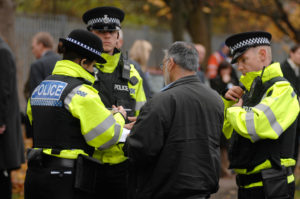Met Police to stop recording ethnicity of drivers stopped by its officers
Published on 13 October 2022

Analysis found black people were 56% more likely to be stopped than white people
Reports Mirren Gidda, investigative journalist at Liberty Investigates, and Vikram Dodd, police and crime correspondent at the Guardian.

